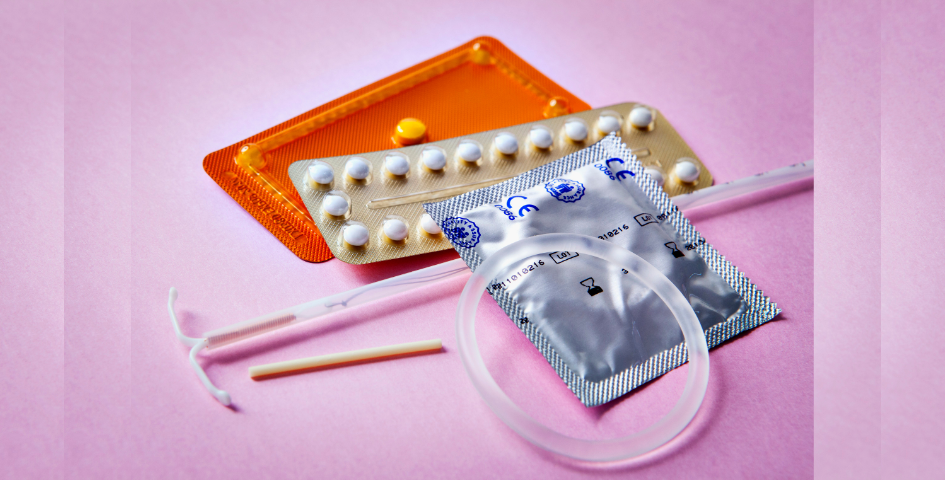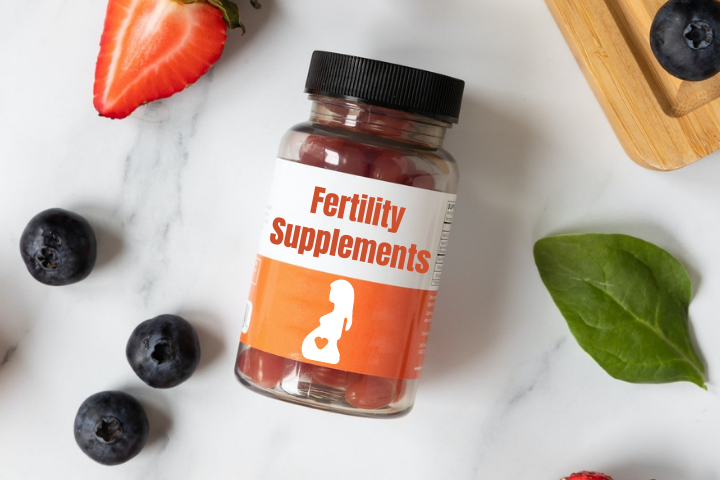Many women will experience an essential transition during their reproductive lives. The transition will be the decision to stop contraception and start planning conception. However, many women are unsure how quickly they will get pregnant after stopping birth control; or even if they will be able to get pregnant. Addressing this question requires looking at all the various forms of stopping conception.
The first one we’ll tackle are oral birth control pills. In one Danish study, almost 50% of women surveyed thought that birth control pills could reduce their ability to get pregnant. However, this isn’t the case when looking at the big picture. Prior studies from 20-to-40 years ago did show some delay in achieving pregnancy in women who used birth control pills. Yet, these studies were done in women that were taking pills with much higher hormone doses compared to today and many of these women likely had pre-existing irregular periods which made becoming pregnant much harder to begin with. More recent research has shown that pregnancy rates during the first year after stopping birth control pills was no-different compared to women who used non-hormonal forms of contraception like condoms which can be as high as 92%.
This then begs the question of whether a woman’s chance of pregnancy is tied to how long she has been taking a birth control pill. The answer to this is clearly ‘no’. Women who have taken birth control pills for several months did not have a greater chance of achieving pregnancy after stopping compared to women who took them for years.
Take the Next Step – Schedule an Appointment
What about other forms of contraception?
The picture is a little less straight-forward with methods that are longer-lasting like Depo-Provera injections and hormonal intra-uterine devices (IUDs). Since Depo-Provera tends to last longer in a woman’s body, the chance of achieving pregnancy after using this method of contraception is somewhat less over the course of a year. On average 77-81% of these women will be pregnant one year after stopping this method of birth control. As for hormonal intra-uterine devices, one study reported that around 75% of patients will become pregnant in the year after removing the device. However, more research needs to be done to clarify what the exact pregnancy rate is, compared to women who used condoms.
Overall, the use of oral birth control does not seem to impact a woman’s chance of becoming pregnant after stopping them. As for Depo-Provera and the hormonal IUD, women may need additional time before they can achieve their wish to becoming pregnant. Nevertheless, a woman’s goals and values should be key deciding factor as to what contraception a woman should choose and how quickly she wants to become pregnant.
If you would like to learn more about GENESIS Fertility New York or are ready to schedule an appointment, please speak with one of our representatives at 929-605-5467.





